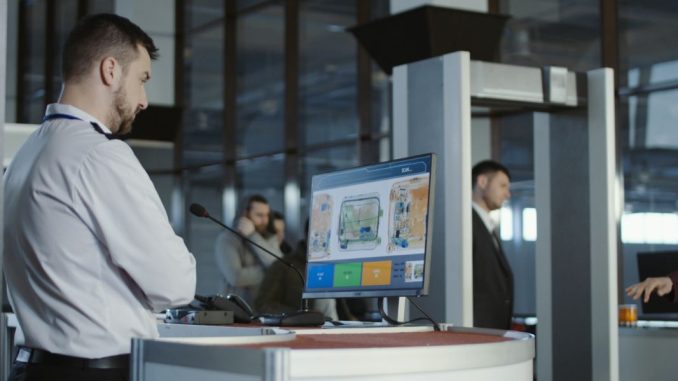
Introduction
The advent of Artificial Intelligence (AI) has brought about a paradigm shift in various sectors, and airport security is no exception. As the world becomes increasingly interconnected, the need for robust, efficient, and advanced security measures at airports is more critical than ever. This article explores how AI will change airport security while traveling, enhancing safety, efficiency, and the overall passenger experience.
AI in Airport Security: An Overview
AI’s potential to transform airport security lies in its ability to analyze vast amounts of data quickly and accurately. It can identify patterns, anomalies, and potential threats that would be impossible for human operators to detect. From facial recognition to luggage screening, AI is set to revolutionize the way we travel.
Facial Recognition and Biometrics
One of the most significant advancements in airport security is the use of AI-powered facial recognition and biometric systems. These technologies can verify the identities of passengers more quickly and accurately than traditional methods, reducing queues and improving the overall efficiency of security checks. Moreover, they provide a contactless verification process, which is particularly beneficial in the post-pandemic era.
AI-Powered Luggage Screening
AI can also enhance the luggage screening process. Traditional methods rely on human operators to identify potential threats, a process that can be time-consuming and prone to errors. AI, on the other hand, can analyze X-ray images of luggage and identify potential threats with greater accuracy and speed. This not only improves security but also reduces the time passengers spend waiting for their luggage to be screened.
Predictive Analytics for Threat Detection
AI’s ability to analyze vast amounts of data can also be used to predict potential security threats. By analyzing patterns in passenger behavior, flight schedules, and other data, AI can identify potential risks and alert security personnel before an incident occurs. This proactive approach to security could significantly enhance airport safety.
AI and Cybersecurity
As airports become more digital, they also become more vulnerable to cyber threats. AI can play a crucial role in enhancing cybersecurity at airports. Machine learning algorithms can monitor network activity, detect anomalies, and respond to potential threats in real time. This can help prevent cyber attacks and protect sensitive data.
The Future of AI in Airport Security
While AI holds great promise for enhancing airport security, it also presents challenges. Concerns about privacy and data security must be addressed, and regulations must be put in place to ensure that these technologies are used responsibly. Moreover, as AI becomes more integrated into airport security, there will be a need for skilled personnel to manage these systems.
Despite these challenges, the potential benefits of AI in airport security are immense. By enhancing efficiency, improving safety, and providing a better passenger experience, AI is set to revolutionize the way we travel. As technology continues to advance, we can expect to see even more innovative uses of AI in airport security.
Conclusion
In conclusion, AI is poised to bring about a significant transformation in airport security. Its ability to analyze data quickly and accurately, coupled with advancements in facial recognition, luggage screening, and predictive analytics, will make airports safer and more efficient. As we navigate the challenges and opportunities presented by this technology, one thing is clear: the future of airport security lies in AI.

Leave a Reply